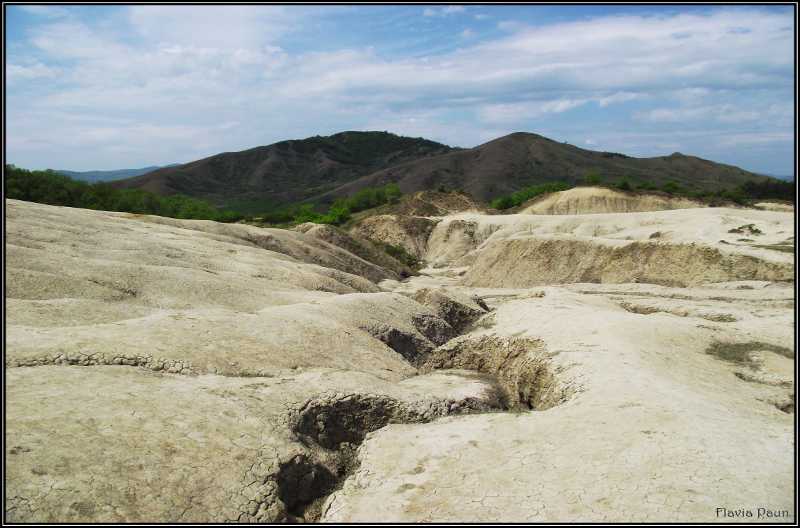FWP:
SETS == HI
It's impossible to tell exactly what kind of defense is being made in the first line: is it no defect for one to have a profession, even if it is a humble one? Or is it no defect to be, specifically, a stone-cutter? Or is there no defect in Farhad's 'practice' or 'vocation' or behavior as a stone-cutter (see the definition of peshah )? Or is there no defect in Farhad's 'practice' or 'vocation' as a lover?
The second line brings us the real punch of the verse: the wonderfully apt phrase aashuftah-sar , one whose head is disordered, distracted, wretched (see the definition above). 'We disordered-headed ones', and we alone, or at least emphatically we-- as is made clear by the carefully-placed hii -- constitute the real group of which Farhad was a part. Even the real 'professional' group, perhaps, since the path of passion is construed in the ghazal world as a special vocation that is also a one-way fast-track route to death.
When Farhad heard the (false) news of his beloved Shirin's death, he used his stone-cutting axe to split his own head open. Thus he vindicated his profession(s) as a stone-cutter and a lover; he also demonstrated his kinship with the rest of us 'disordered-headed' ones. For what kind of head could be more disordered, distracted, wretched, than one that has been split in two by an axe? Isn't that the direction in which all true lovers are heading? And isn't the lover's only alternative to 'disorderedness' something like 'insensibility', or a recourse to stone (thus vindicating the work of a stone-cutter)?
As Mir says, if even prison can't settle the mad lover down, the only thing left is stone-- stone to beat the head against: M{11,4}.
For the record, I think that Bekhud Dihlavi misreads when he finds a reference to the poet Mir, and that Bekhud Mohani incorrectly explains javaa;N miir (I think he's confusing it with javaa;N marg ).
For a less favorable interpretation of Farhad's axemanship, see {3,6}.
Note for meter fans: Here rakhiye is
scanned rakh-ye , to make it fit into the line.

Nazm:
In place of ham hii ... now hamii;N is the idiom. And this speech has departed from its original/true form. (36)
== Nazm page 36